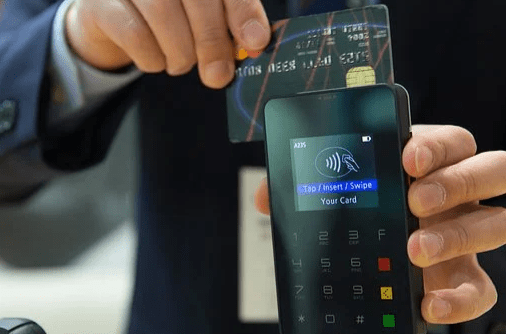Choosing the right bank is an important decision. After all, you’re entrusting your hard-earned money to an institution and trusting them to help you grow it. But with so many options available, it can be tough to know where to start.
Canadians have a wide array of banking options to choose from. There are the big five banks, which are TD, RBC, BMO, Scotiabank, and CIBC. Or, you can go with a local, regional bank, or credit union. You might even opt for an online bank. So, how do you know which bank is right for you? Here are a few key things to consider:
Consider Your Financial Needs
When choosing a bank, it’s essential to consider your financial needs. What are you looking for in a bank? Do you need a full-service bank with branches across the country, or would an online bank suffice? Are you looking for a high-interest savings account, or do you need help with investments? Knowing what you need from a bank will help you choose the right one for your needs. If you’re not sure what you need, that’s okay too. Many banks offer free consultations to help you figure out what products and services would be best for you. And if you’re still not sure, there are plenty of online resources available to help guide your decision.
It is also essential to know your BMO routing number. Your BMO routing number is a nine-digit code used to identify your bank when you make a transaction. You can find your BMO routing number at the bottom of a cheque, your online account, or your bank branch. You’ll need to provide your routing number when you set up direct deposit, automated bill payments, or if you’re sending money to someone or receiving.
Compare Fees And Charges
When you’re comparing banks, it’s important to compare fees. Every bank is different, and some will charge higher fees than others. For example, if you’re looking for a high-interest savings account, you’ll want to find a bank that doesn’t charge monthly or yearly fees. It’s also vital to compare ATM fees, foreign transaction fees, and account maintenance fees. These can add up, so finding a bank that doesn’t charge them or charges low fees is crucial.
You can compare banks’ fees and charges using an online comparison tool like RateHub.ca. Enter your province and the type of account you’re looking for, and you’ll be able to see a side-by-side comparison of the fees associated with each bank. RateHub.ca is Canada’s leading financial product comparison website. It compares credit cards, mortgages, savings accounts, and more.
Read Online Reviews
When choosing a bank, it’s a good idea to read online reviews. Customers often leave reviews of their banks on sites like Google, Yelp, and Facebook. These reviews can help get an idea of the level of customer service offered by a particular bank. Of course, you should take these reviews with a grain of salt. Not every customer will have the same experience, and some people are more likely to leave a review if they had a bad experience. However, one bad review doesn’t mean that a bank is terrible, and vice versa. But if you see many negative reviews, it’s probably best to avoid that bank.
Customer Services
No matter which bank you choose, it’s vital to ensure they offer good customer service. After all, you’ll be working with them for a long time, and you want to ensure they can help. When considering customer service, look for extended customer service hours, live chat support, and 24/seven phone support. These are all things that can make it easier to get help when you need it. You can usually find customer service reviews on sites like Google and Yelp. But the best way to test out a bank’s customer service is to contact them directly and ask a few questions. It will give you a good idea of how they treat their customers.
Security
When you’re choosing a bank, it’s important to consider the security of your money. After all, you don’t want to put your hard-earned cash in an institution that isn’t going to keep it safe. One way to judge a bank’s security is to look at its financial stability. This can be measured by things like its credit rating and the amount of capital. You can also look at whether or not the bank is insured by the Canadian Deposit Insurance Corporation (CDIC). Another way to judge a bank’s security is to look at its online security features. This includes things like two-factor authentication and encryption. These features can help to protect your money from hackers.
Choosing the right bank is an important decision. There are a lot of factors to consider, from fees and interest rates to customer service and security. But if you take the time to do your research, you should be able to find a bank that’s a good fit for your needs.


